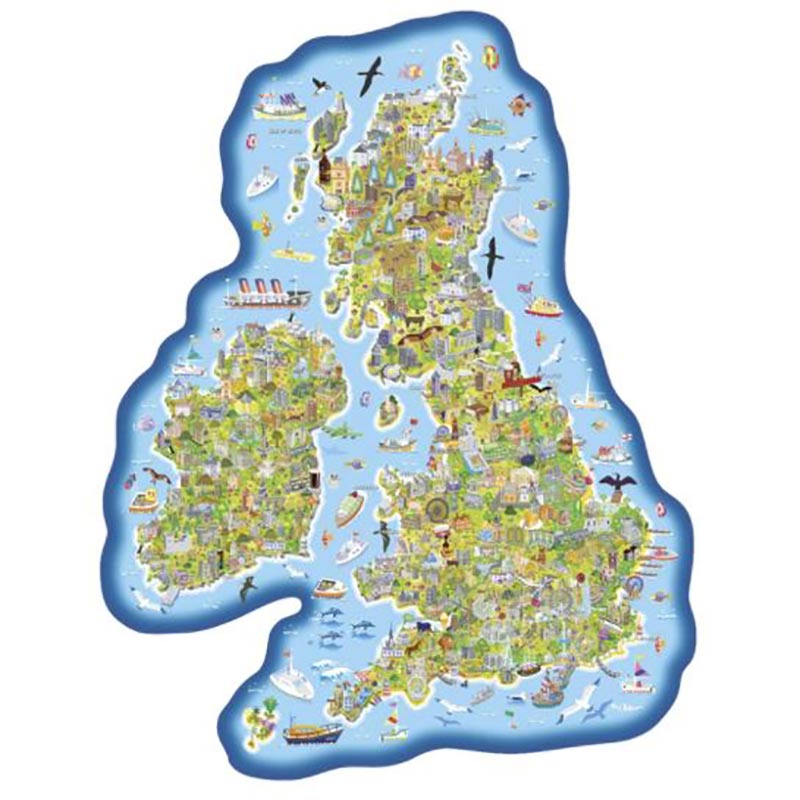
Puzzle solving is a great way pass the time. This centuries-old hobby not only improves short term memory and visual-spatial reasoning but it is also beneficial for your health. The first step to solving a puzzle is to choose the color. You have eight options for background colors. These are blue, green, gray and white. As you progress through the puzzle, a timer will show you how long it took you.
Jigsaw puzzles can be a centuries-old pastime
Mapmakers invented jigsaw puzzles in the late 17th century to entertain people and pass the time. They would mount maps on a hardwood board and cut the pieces with a maquetry saw. In later years, lithographers developed solid-wood Jigsaw Puzzles. The jigsaw puzzle was popular at a time America was becoming more prosperous economically. In the 1920s, puzzle-makers began to create a huge market for their puzzles. Each week, they produced more than 10,000,000 jigsaws. The coronavirus pandemic of 1918 brought about a boom in puzzle sales. People were forced to stay indoors for extended periods of time. The result was a boom in sales of jigsaws puzzles.
Jigsaw puzzles grew in popularity as a form of educational toys. Puzzles were promoted as the ideal gift for children in advertising. The toy business dominated a larger portion of the children’s market. By the late 1800s, puzzles were now available to adults as well. The emergence of the toy industry prompted a reassessment of the history of the puzzle. In the early 1900s, adults could also purchase jigsaws without seeing the box.

They improve short term memory
Despite its popularity, many people don't realize that daily jigsaw puzzles can improve short-term memory. They haven't been specifically studied for their cognitive benefits, but this frequent leisure activity does recruit a range of cognitive abilities. A 30-day intervention that involves jigsaws at home, four sessions of cognitive coaching, and a 30-day program to improve short-term memory have been found to significantly increase short-term recall.
Jigsaw puzzles work both the left- and right-sides of your brain. This improves your short-term memory as well as problem-solving skills. This mental exercise can help improve your attention span, creativity, and memory. Bill Gates is a puzzle enthusiast and claims that he finds a lot satisfaction from it. Jigsaw puzzles help young kids learn to see the bigger picture and recognize shapes and patterns.
They increase visual-spatial reasoning
A person's visual-spatial reasoning skills can be improved by solving jigsaw puzzles. University of California, Berkeley studied the relationship between the time spent solving jigsaw puzzles per day and the improvement in visual-spatial reasoning. The researchers found that both men as well as women can improve their cognitive abilities through jigsaw puzzling.
Jigsaws puzzles can help with stress reduction and visual-spatial reasoning. They help to clear the mind and improve perspective. They can improve concentration and attention. Jigsaw puzzles also can be solved unconsciously, which helps reduce stress. Jigsaw puzzles do not require too much concentration. This is great for those who struggle with concentration for long periods.

They improve both mental and bodily health
Although many people don't know the benefits of jigsaw puzzles they can actually improve brain function. Puzzles stimulate activity in certain brain areas such as the frontal lobes or the hippocampus which are responsible for memory, concentration and motivation. In addition, they can lower your blood pressure and increase your brain's production of dopamine.
Researchers have discovered that puzzles such as jigsaws can improve brain health and prevent a variety of cognitive issues. There are no known side effects and the activity is safe. It is possible that solving daily puzzles may not suit everyone. If you're not sure, it might be a good idea to go with a friend or partner. It's a great idea to invite friends and family to help you decide if jigsaw puzzles will suit your lifestyle.
FAQ
What kinds of hobbies are appropriate for introverts.
Introverts can concentrate on one thing at the same time. They tend to prefer solitary activities such as reading, writing, playing music, watching movies, etc.
They enjoy being alone and spending time alone. They don't enjoy being social all day. They are often bored when surrounded in people.
This is why introverts choose hobbies that make them feel alone. Introverts may love reading books, listening and/or playing music, or painting, drawing, writing poetry and taking photographs.
Some introverts even choose to live alone. This allows them to concentrate on their hobby and not be distracted.
What are your favorite hobbies right now
Popularity isn’t always a positive thing. Popularity can often be used to excuse mediocrity. Many people have no time for hobbies or other interests. They're too busy working to make ends met. So what should you do if you don't have much free time? You could start a business.
But it's not an easy task. Before you can make your idea a reality, there are many hurdles to overcome.
A hobby is a great option if you're looking to do something different than run a business.
Hobbies do not have to be limited to creative pursuits. There are many types of hobbies. Here are some examples:
-
Gardening
-
Cooking
-
Photography
-
Reading
What are your educational hobbies?
An educational hobby involves a sport or other activity where you can learn something from doing it. This could include anything from learning to play an instrument to playing sports.
It should be enjoyable and fun for you. You don't have to do it all the time, but if you find yourself getting bored, then you need to think about what else you could be doing instead.
These activities can also be costly so make sure you don't spend too much.
Statistics
- Studies show that just six minutes of reading can reduce stress levels by 60 percent. (oberlo.com)
- I am 100% biologically a woman (discover.hubpages.com)
- Much of this decline reflects the fact that teens are less likely to work today than in the past; among employed teens, the amount of time spent working is not much different now than it was around 2005. (pewresearch.org)
- The intensity of the dialogue partners' bond at the end of the forty-five-minute vulnerability interaction was rated as closer than the closest relationship in the lives of 30 percent of similar students. (time.com)
- Almost 80% of people claim to have no hobby. (hobbylark.com)
External Links
How To
How to learn a musical instrument
There are many different ways to learn how music is played. You could either go to a school, buy a book, take lessons from someone who plays an instrument, watch videos online, etc. Here are some tricks and tips to help you find your way.
-
Find something you are interested in. If you don’t enjoy any of the instruments that you see, you might consider trying another one. It's difficult to take up a hobby if you don’t love playing the instrument.
-
Be patient. Learning something new takes time. You don't have to learn everything in one go. Instead, continue to practice each day.
-
Regular practice is important. Even when you feel tired, continue practicing. This will make sure you don't forget the lessons you have learned.
-
Pick a place where you can practice. It is best to find a quiet space where you will not disturb others. Make sure there aren't distractions. For example, avoid having loud music playing nearby.
-
Have fun. Music is meant to be enjoyed. Make sure you have fun while practicing. You will be motivated to do more if you have fun.
-
Set goals. Set goals. You'll know exactly what you must achieve. Therefore, you will have no excuse for failing.
-
Keep track your progress. Keep track of all your successes and failures. Doing so will help you improve over time.
-
Take breaks. Sometimes, you will just need to stop for a while. Take breaks to allow you to reflect on things.
-
Ask questions. Ask other people if you have any doubts or confusion regarding certain aspects of the instrument. They may be willing to help.
-
Listening is the best way of learning. Many musicians learn by listening to the songs they love and then imitate them. This helps them understand basic concepts behind the song.
-
Read books. Watching videos or taking classes will not teach you as much as reading books. You will also find information in books that you won't find anywhere else.
-
You can join a band. You'll be more motivated to practice when you are playing with others. Plus, it will be easier to meet people with similar interests.
-
Watch tutorials. Tutorials are short videos that give detailed information on a topic. These tutorials usually concentrate on one particular aspect of an instrument. These tutorials will help you to understand the more difficult parts.
-
You can try different methods. Some prefer to learn by listening, while others prefer reading. Keep trying until you find your preferred method.
-
Practice makes perfect. Nobody becomes an expert overnight. Instead, you must put in lots of effort before becoming skilled enough to perform well.
-
Learn from other musicians. You can learn faster by listening to other musicians play your favorite songs.